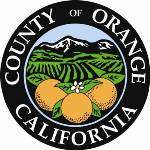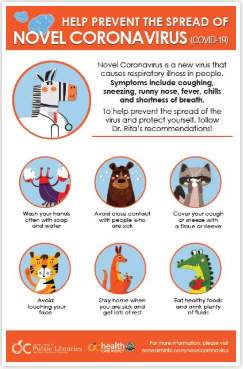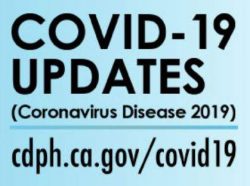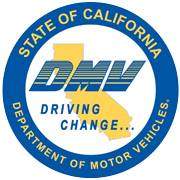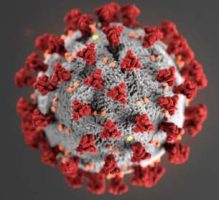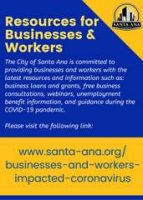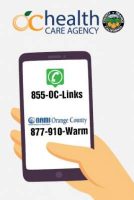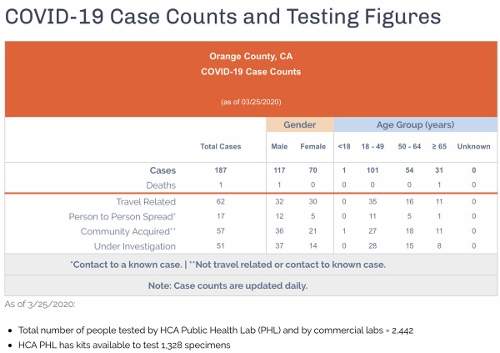
The O.C. Health Care Agency is reporting that we are up to 256 COVID-19 cases now in Orange County. Reportedly they are finally going to reveal the cases on a city-by-city basis on Friday.
A whopping 140 cases are in the 18 to 49 age group followed by 76 cases in the 50 to 64 age group.
The total number of people tested by HCA Public Health Lab (PHL) and by commercial labs is 3,605. HCA PHL has kits available to test 1,239 specimens.
As of March 25, 2020, 2 p.m. Pacific Daylight Time, there are a total of 3,006 positive cases and 65 deaths in California (including one non-California resident), according to the California Department of Public Health.
- 826: Community-acquired cases
- 2,120: Cases acquired through person-to-person transmission, travel (including cruise ship passengers), repatriation, or under investigation.
- This includes 42 health care workers
Ages of all confirmed positive cases:
- Age 0-17: 37 cases
- Age 18-49: 1,505 cases
- Age 50-64: 764 cases
- Age 65 and older: 678 cases
- Unknown: 22 cases
Gender of all confirmed positive cases:
- Female: 1,309 cases
- Male: 1,665 cases
- Unknown: 32 cases
What should you do if you think you’re sick?
Call ahead: If you are experiencing symptoms of COVID-19 and may have had contact with a person with COVID-19, or recently traveled to countries with apparent community spread, call your health care provider before seeking medical care so that appropriate precautions can be taken.
What are the symptoms of COVID-19?
Typically, human coronaviruses cause mild-to-moderate respiratory illness. Symptoms are very similar to the flu, including:
- Fever
- Cough
- Shortness of breath
COVID-19 can cause more severe respiratory illness.
What if I have symptoms?
Patient: If a person develops symptoms of COVID-19, including fever, cough or shortness of breath, and has reason to believe they may have been exposed, they should call their health care provider before seeking care. Contacting them in advance will make sure that people can get the care they need without putting others at risk. Please be sure to tell your health care provider about your travel history. You can also take the following precautionary measures: avoid contact with sick individuals, wash hands often with soap and warm water for at least 20 seconds.
How can people protect themselves?
There is currently no vaccine to prevent COVID-19. The best way to prevent illness is to avoid being exposed to this virus. The virus is thought to spread mainly from person-to-person between people who are in close contact with one another (within about 6 feet). This occurs through respiratory droplets produced when an infected person coughs or sneezes. These droplets can land in the mouths or noses of people who are nearby or possibly be inhaled into the lungs. Older adults and people who have severe underlying chronic medical conditions like heart or lung disease or diabetes seem to be at higher risk for developing more serious complications from COVID-19 illness. Every person has a role to play. So much of protecting yourself and your family comes down to common sense:
- Washing hands with soap and water.
- Clean and disinfect frequently touched surfaces daily. If surfaces are dirty, clean them using detergent or soap and water prior to disinfection.
- Avoiding touching eyes, nose or mouth with unwashed hands.
- Cover your cough or sneeze with a tissue or your elbow.
- Avoiding close contact with people who are sick.
- Staying away from work, school or other people if you become sick with respiratory symptoms like fever and cough.
- If you smoke or vape, consider quitting. Smokers who already have lung disease or reduced lung capacity could be at increased risk of serious illness.
- Following guidance from public health officials.
Please consult with your health care provider about additional steps you may be able to take to protect yourself.
What if I don’t have health insurance and I need screening or treatment for COVID-19?
- Check with your local community health center or hospital to see if fees for testing can be waived
- See if you’re eligible for Medi-Cal
- See if you’re eligible for Covered California


